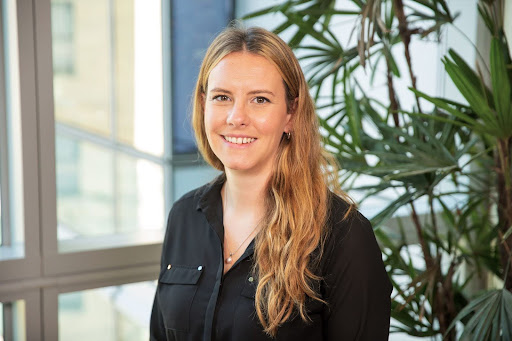
Antimicrobial resistance is a rapidly increasing and deadly global health threat that is undermining progress toward achieving UN Sustainable Development Goals related to health, food and water security, and economic growth. Often, antimicrobial medications are prescribed based on symptoms, without a definitive diagnosis of the pathogen. This approach results in avoidable mortality and misallocation of limited healthcare resources due to ineffective and/or unnecessary treatment regimens. Moreover, inappropriate use of medication can lead to the emergence of antimicrobial-resistant pathogens that are increasingly difficult to treat with existing drugs. We urgently need accurate, accessible, and rapid diagnostics that can be used in diverse healthcare settings to guide antimicrobial use and prevent the further emergence and spread of multidrug-resistant pathogens.
IEEE Technical Activities is proud to host the next IEEE Tech Talk at the June IEEE Meeting Series in Toronto, Canada, where Dr. Nikki Weckman will speak on synthetic biology sensing systems for tackling global challenges.
Dr. Nikki Weckman (ISTEP, ChemE) is the Paul Cadario Chair in Global Engineering at the University of Toronto. Her research focuses on developing the next generation of point-of-care technologies for diagnosing diseases and monitoring outbreaks of drug-resistant infections. She is particularly interested in developing low-cost and sustainable diagnostics that can help to improve health equity. Dr. Weckman joined U of T after completing postdoctoral research at the Wyss Institute for Biologically Inspired
Engineering, Harvard University and the Cavendish Physics Department, University of Cambridge. Before her postdoctoral work, Dr. Weckman obtained her PhD in Engineering from the University of Cambridge, her MEng in Chemical Engineering from McGill University, and her BASc in Nanotechnology Engineering from the University of Waterloo.
